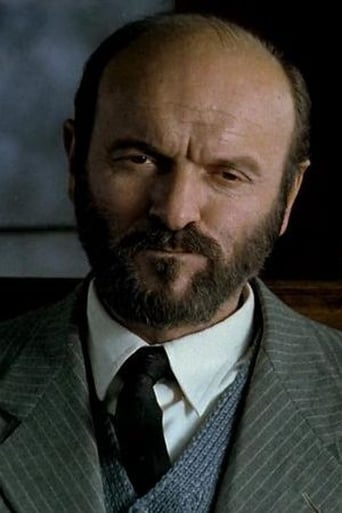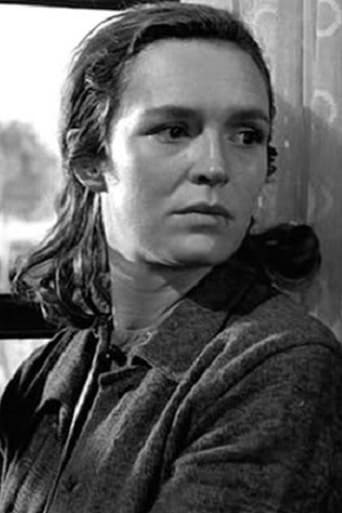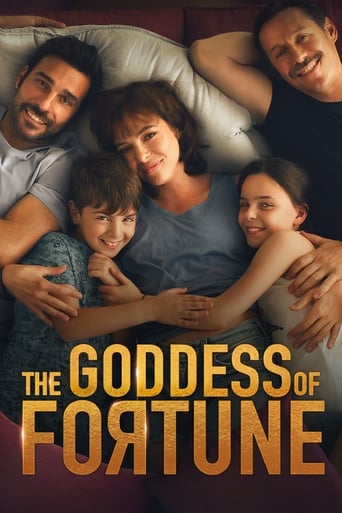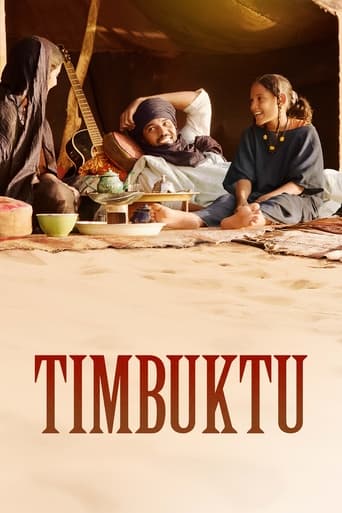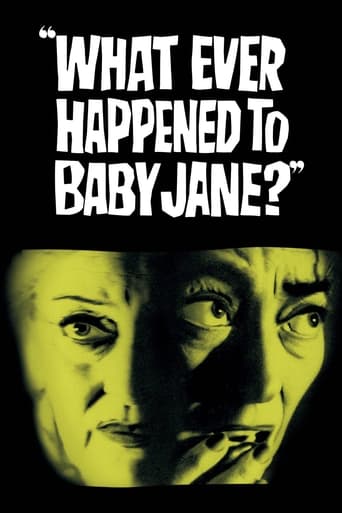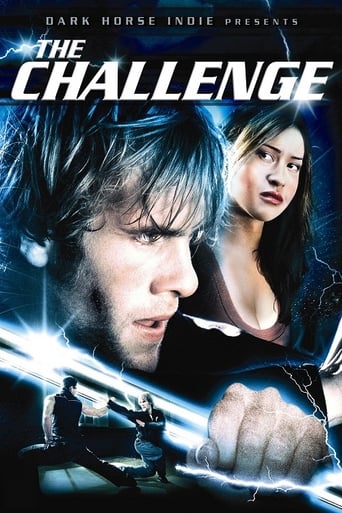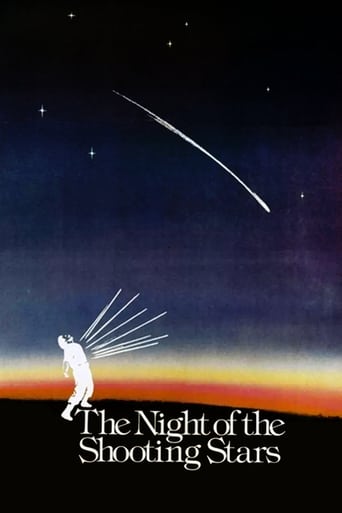

The Night of the Shooting Stars (1982)
The Night of San Lorenzo, the night of the shooting stars, is the night when dreams come true in Italian folklore. In 1944, a group of Italians flee their town after hearing rumours that the Nazis plan to blow it up and that the Americans are about to arrive to liberate them.
Watch Trailer
Cast
Similar titles

Reviews
You won't be disappointed!
Wonderful character development!
There is, somehow, an interesting story here, as well as some good acting. There are also some good scenes
The film never slows down or bores, plunging from one harrowing sequence to the next.
I'm almost lost for words to describe how incredibly dull and poorly made this movie REALLY is. Did I even see the same movie that other reviewers have raved about? The DVD cover that I have with this movie indicates that it won the Grand Jury Prize at Cannes. How in the name of all that's holy could that have happened?The several words I have to describe this lot of dross go something like this: boring, dreadful script, poorly directed, even more poorly acted, banal, schmaltzy, cheesy and totally unconvincing. The scene of the gunfight in the wheat field was so laughably bad I just couldn't believe it.The Italians can make good movies - Cinema Paradiso is at the top of my list but this one is certainly NOT a great movie. It's not really a movie at all. I was very glad when it ended.This is NOT the worst movie I've ever seen - but it's bloody close!!
Rapturous. A movie full of risks, yet steered with a completely confident hand. A small town in 1944 Italy is caught in the last stages of World War II; it is rumored that the American army is approaching to liberate them, and the Fascists holding the town have tightened their grip in response, mining all of the houses and ordering the populace to take shelter in the church. While most of the town complies, a few brave souls decide to venture out into the woods at night to try to locate the Americans themselves. What happens to them on the journey is shot through with horror and suffering, yet it is also as fantastical as "A Midsummer Night's Dream"--the townspeople have been through so much that life itself seems unimaginably absurd. And although the war has taken almost everything from them, it has also smashed class barriers and social restraints. Now at last (for example) the elderly Galvano can admit his love for the rich woman he could never think of approaching in peacetime.Few films give us so many treasures; the heavenly vision granted to a young woman killed by soldiers in the instant before she dies; the improvised Communion in the village church, with the congregants dividing their own bread among them; the six-year-old narrator Cecilia (who, in a framing device, is telling the story in flashback as a young mother to her child at bedtime) finding a watermelon in the forest and smashing it with her bottom; a horrifying 15-year-old fascist who tortures and kills his victims in order to make his father proud; Cecilia tumbling onto a basket of eggs and, having been punished by her mother, spitefully smashing the two eggs that survived the fall; a teenage girl in the woods at night, hearing the distant blasts as her home is destroyed and remembering the first time she stripped in front of her bedroom mirror as she tosses away her housekey; the climactic series of one-on-one and two-on-two skirmishes in a wheatfield as the soon-to-be-defeated Fascists and the desperate townspeople--most of whom know each other, some of whom are lifelong friends--grapple to the death. It's slapstick black comedy, yet timed so well it just seems like the natural state of affairs in war--there's nothing arty or pretentious about it.
WWII is ending, and the occupying German forces intend to blow up a village before the approaching Americans get there. Half of the villagers decide to escape, so they sneak out of town to look for the Americans while hiding in wheat fields and fighting fascists.The movie is narrated by a woman who was a six year-old in the little band of townsfolk who escaped the village. The story is episodic and choppy, juxtaposing scenes that aren't always understandable. We never get to know any of the townsfolk as individuals; instead, we are overwhelmed with the general misery of war - the deprivation, constant fear, the cruelty, and even some surreal visions.I guess I missed the actual night of shooting stars and it was annoying to miss the significance of the title. Also, I was often confused as to who was who, but overall, it is quite an effective wartime horror story. In Italian with subtitles.
Great pictures and memorable details will convince all viewers, that this movie is a depiction of personal memories above anything else. But from a dramatic point of view I never felt anything during the film. I honestly didn't give a damn about the characters, since I never felt I got to know anything about them. They were nothing but desperate, hopeful villagers, full of emotions I did not quite understand apart from the obvious horrors of WW2 and the believable uncertainty of liberation from the Nazis and Fascists.But there was no psychological drama at all. No portrayal of single characters. The villagers are nothing but a social group all the time. A pregnant woman, a god-fearing child, a priest... But who ARE they really? They walk, run, die, walk, cry and walk again. But nothing much happens, and we don't know what's going on outside their small social community. Perhaps this isn't the point of the story, but I'd like to know it anyway.The acting is (in my humble opinion) very Italian. The theatrical approach, and the intense emotional expressions are predominant throughout the movie. I simply cannot relate to it, even though I tried my best (I bought the movie, so I would be a fool not to give it a try). But it did not work out for me.
